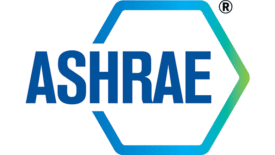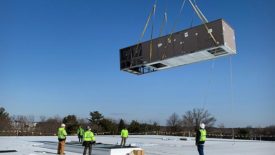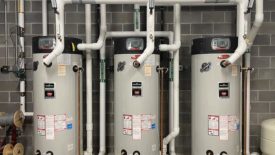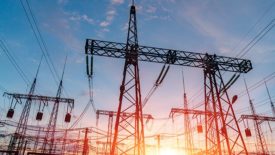Home » Keywords: » decarbonization
Items Tagged with 'decarbonization'
ARTICLES
Plumbing industry experts anticipate 2024 industry outlook
Construction confidence remains high heading into 2024.
December 8, 2023
Paving an achievable path to decarbonization with commercial heat pumps
Heat pumps can help contribute to lowering building emissions to meet climate goals.
July 19, 2023
Commercial water heating market moves toward electrification
Manufacturers talk trends and design considerations for commercial water heating.
July 11, 2023
Dan Holohan: Electrification may become more mainstream, but not overnight
Times change.
June 9, 2023
Get our new eMagazine delivered to your inbox every month.
Stay in the know on the latest plumbing, piping, hydronic and fire protection trends.
SUBSCRIBE TODAYCopyright ©2024. All Rights Reserved BNP Media.
Design, CMS, Hosting & Web Development :: ePublishing










